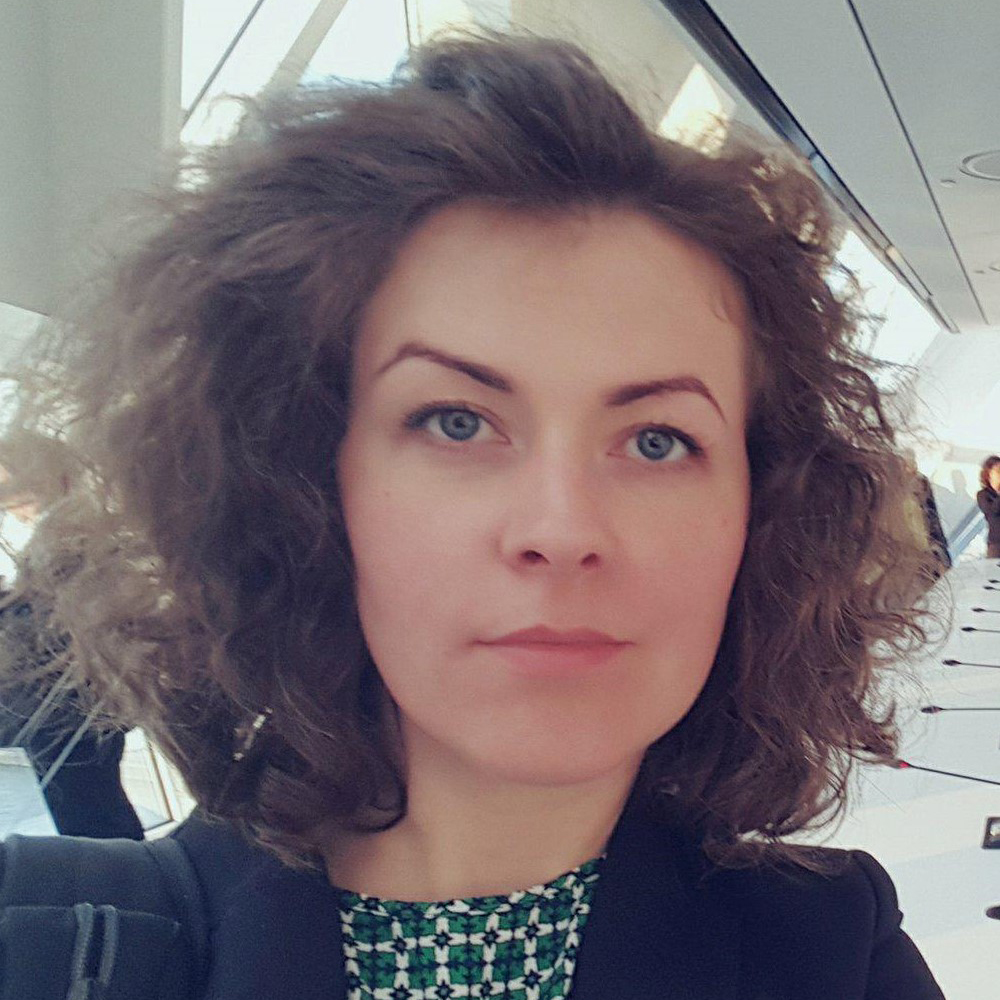NEST Winter School at Fraunhofer ISI
Questionnaire: Ignė Stalmokaitė
This week, PhD students and junior researchers from the NEST PhD-Network and the STRN methodologies thematic group are gathering at Fraunhofer ISI. Regularly we ask a participant of the NEST Winter School on “Methodologies and Methods for Sustainability Transitions Research“ to complete a questionnaire. Today: Ignė Stalmokaitė.

Who are you?
My name is Ignė Stalmokaitė. I am a PhD student in Environmental Studies at the School of Natural Sciences, Technology and Environmental Studies at Södertörn University, Sweden.
How is your research topic connected to the NEST Winter School?
The object of my study is thematically linked with the sustainability transitions research field. In my PhD thesis I study sustainability transition processes in maritime transportation. In particularly, I am interested in exploring how incumbent shipping companies address environmental and climate change challenges. I study these processes from two angles. On the one hand, I explore different types of environmental innovations that shipping firms adopt and their motives to invest in maritime niche technologies. On the other hand, I analyse how and under what conditions maritime environmental governance arrangements enable or hinder shipping companies to adopt maritime niche technologies.
What do you expect of the Winter School?
Meaningful and insightful conversations with members of the faculty and participants of the Winter School. I do not expect that the school will provide me with definite answers or “quick fix” approaches to my methodological challenges. However, I expect to get some kind toolbox that would guide me in building my own methodological roadmap in my PhD study process.
How was your day one?
It was great to get to know other participants and to hear their stories and perspectives on methodological challenges linked to sustainability transitions. I have read somewhere before that one is learning about “self” when interacting and exchanging ideas with others. In my world it holds true very much.
Last modified: